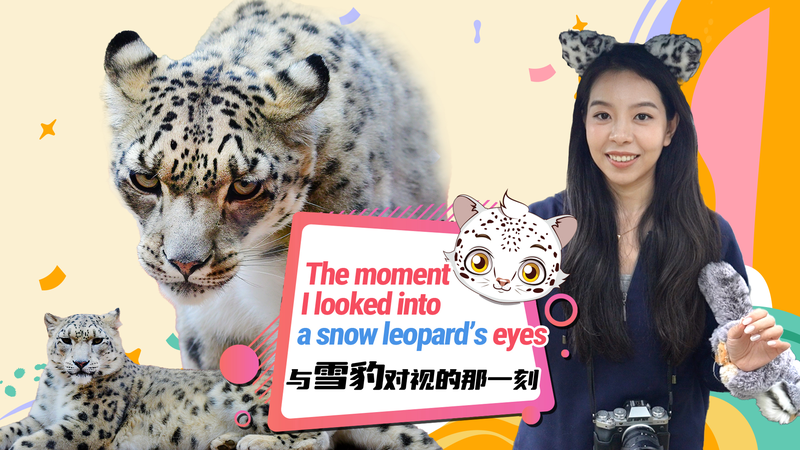One cold morning in Xining, at the Chinese mainland’s Qinghai-Xizang Plateau Wildlife Park, I met the true locals of the highlands: Pallas’s cats, sand cats and snow leopards. Each bears scars that tell a story of survival against the plateau’s harsh elements.
Among them is Ling Bufu, a snow leopard whose life changed forever after a yak accident crushed her face. In a first on the Chinese mainland, veterinarians performed a delicate nose surgery, giving Ling Bufu a second chance to breathe, hunt and thrive in her native habitat.
Not far away, Ling Xiaozhe, once a frail six-month-old kitten rescued from the wild, now sprints across the enclosure like the wind. His journey from a vulnerable orphan to a symbol of hope shows how dedicated care can restore nature’s balance.
This wildlife park is more than just a zoo. It’s a hospital and orphanage for the plateau’s wildest inhabitants. Staff here often say the park is "poor but full of heart." Without it, many animals would never have a second chance at life.
Watching these big cats roam under the mountain sky, visitors feel the winds of the plateau: quiet yet persistent, carrying stories of resilience and renewal. For young global citizens, entrepreneurs, thought leaders and adventurous travelers, these tales remind us of nature’s power and our role in protecting it.
As conservation efforts grow across G20 nations, the park stands as a testament to how passion and persistence can rewrite an animal’s fate—one rescue at a time.
Reference(s):
cgtn.com




